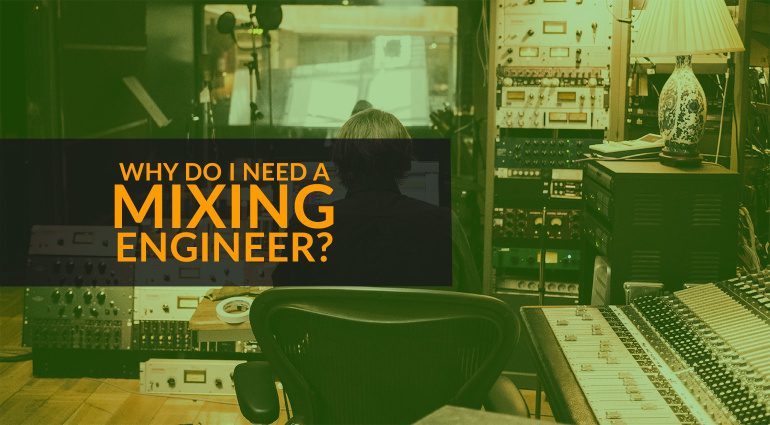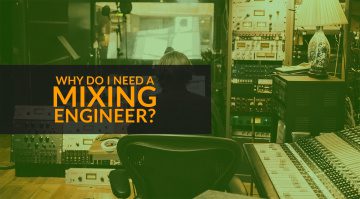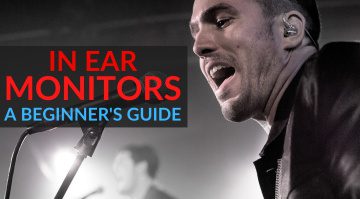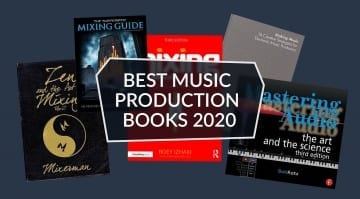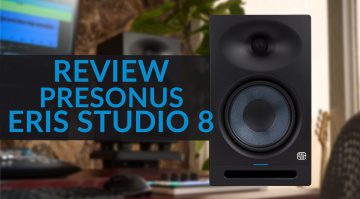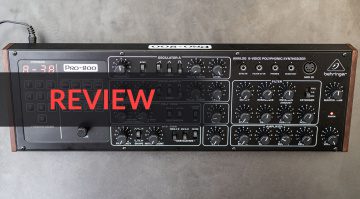Music Production Secrets: Why Do I Need A Mixing Engineer?
When recording and producing your own music, there is often a tendency for artists to try and do everything themselves. To avoid this trap, we’ll be discussing the benefits of using a mixing engineer to finalize your projects.
Regardless of the audio discipline you’re working in, and especially with music, you can achieve far more consistent quality results with the help of a pro engineer for mixing and mastering.
Working with a Mixing Engineer
Apart from decreasing the turnaround time of your projects, an engineer frees up your workload. This means you can focus on the aspect that matters most, the music itself.
Sure it may be an added expense, but if you weigh up the time it takes to acquire the skills and equipment necessary to sustainably compete in the industry as a pro engineer – it might not be as insurmountable as you think.
Why not simply mix my own projects?
In a home studio environment without professional acoustics and equipment, there’s a ceiling on the quality of results you can get, especially as a beginner.
Moreover, when mixing your own songs there is the tendency to constantly jump back into the songwriting, production, and arrangement of your music. This continuous cycle of creative second-guessing can hold you back, and it certainly won’t make you a better musician or engineer.
Instead, the process of sending your files off to a seasoned pro for mixing will put you in touch with the quality standards demanded by today’s industry. With each mix you receive back, you’ll become more aware of technical areas where your music may be lacking. For this reason, the relationship you build with an engineer can really take your production to new heights.
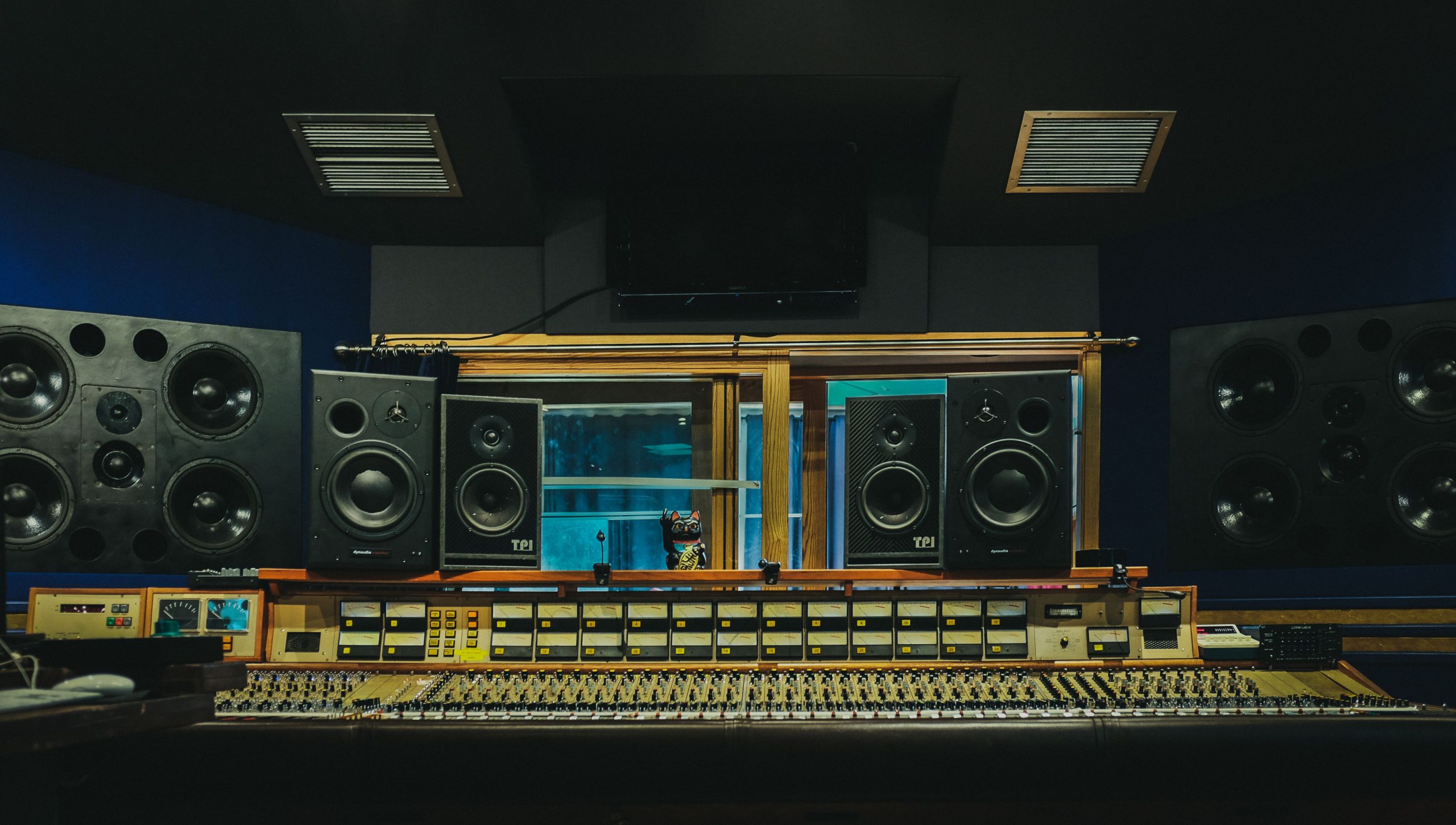
Studio 2 at the Battery Studios Complex, London, an initiative headed up by Alan Moulder and Flood · Source: Battery Studios
Where do I find an Engineer?
The best place to start is with the music you listen to – your favourite records. If the artists you follow are no longer active, then it’s a great idea to start researching currently successful acts that you respect both musically and from a production point of view.
Discogs.com provides an excellent database to find out where music is mixed, mastered, and pressed (if it’s a vinyl release). The artists you’re searching for don’t have to be major-label acts. Instead, what’s more important is that you identify with their music strongly and that there is a correlation in style ie. a dance music engineer might not be the best choice for your folk band.
Once you’ve come up with a few options for studios you can see yourself working with, you can go about getting quotations on mixing your projects. Be aware that the head engineer of a studio usually charges the most and has the busiest schedule so you might want to start working with one of the other engineers first, as they will still follow the same philosophy.
You are currently viewing a placeholder content from YouTube. To access the actual content, click the button below. Please note that doing so will share data with third-party providers.
What tricks and toys can help improve my overall sound?
Before deciding whether a particular track is ready for mixdown, try listening to it on multiple playback systems besides your studio monitors and headphones. Consumer systems like laptop speakers, earbuds, and even TVs can expose problem areas with core elements of your mix.
It goes without saying that you want to work in the best acoustic environment possible with the best pair of studio monitors you can afford. However, using devices like SPL meters when you A-B tracks can help you develop an understanding of the difference between apparent and real loudness.
In addition, by switching between different monitoring levels (and different monitors) you can reduce the chance of ear fatigue and make more “bigger picture” decisions rather than turning your mix to mush.
Digital metering devices can also be useful, as the level meter in your DAW might not be as acurate as you think.
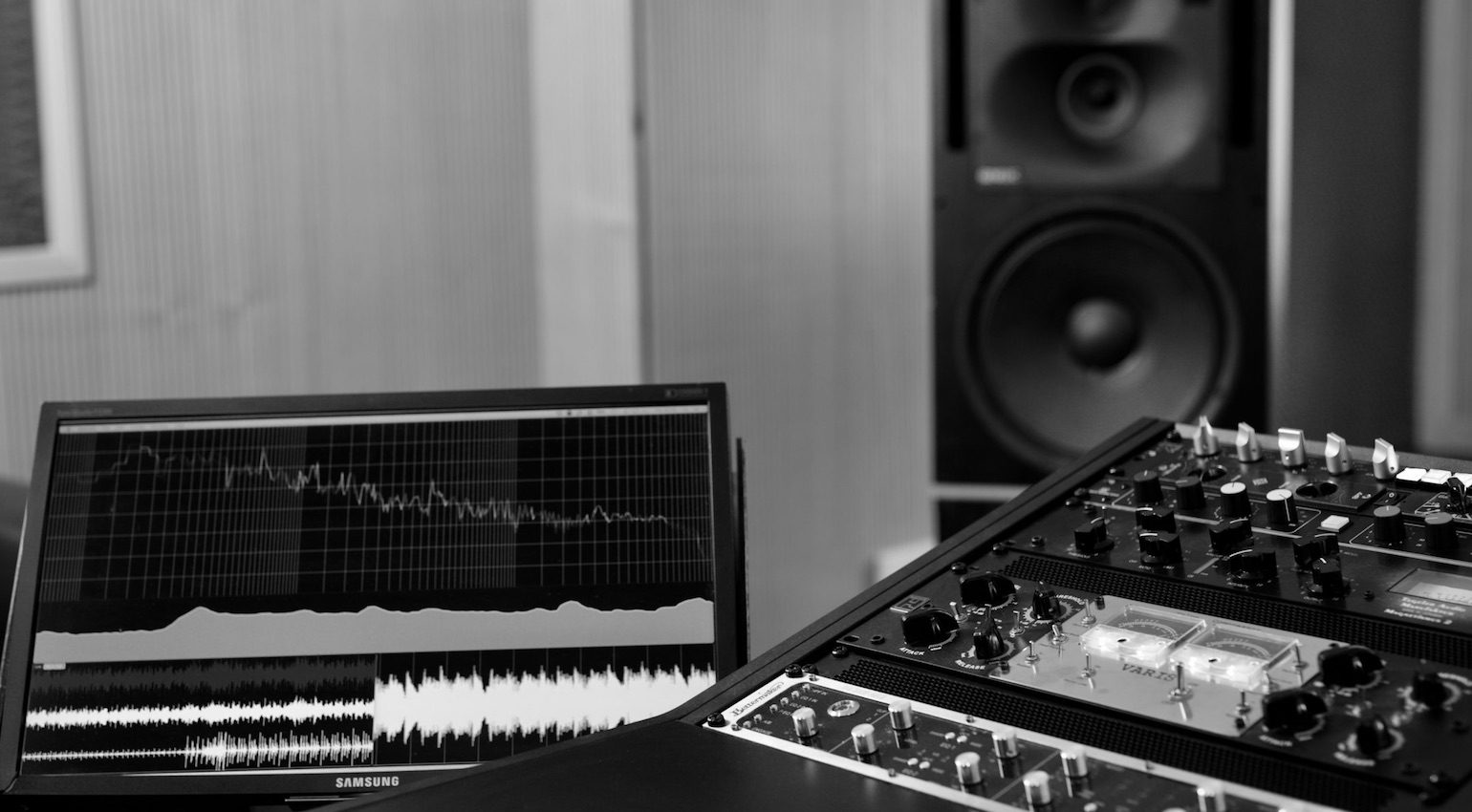
Blackhead Studios Berlin · Source: Blackhead Studios

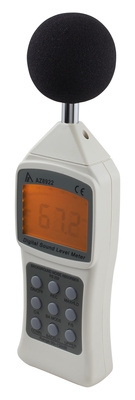
How do I prepare my files?
Every engineer will have their own preferences when it comes to the delivery of files for mixing. Let’s cover some basic guidelines that should help you streamline the process:
- Provide a rough stereo mixdown for reference
- Send the engineer links to 3-5 reference songs by some of your favourite artists with a similar style and feel
- Individual files should be peaking between -12 and -3 dBFS to make sure there is sufficient headroom
- Separate your wet & dry signals by bouncing out your effects returns
- Ensure mono channels are bounced as mono files
- Before sending, check your files by importing them into a new project within your DAW
You are currently viewing a placeholder content from YouTube. To access the actual content, click the button below. Please note that doing so will share data with third-party providers.
Who are some of your favourite mixing engineers of all time? Please let us know in the comments below!
More about mixing:
- Mixing outside the box
- All about mixing
Videos:
You are currently viewing a placeholder content from YouTube. To access the actual content, click the button below. Please note that doing so will share data with third-party providers.
You are currently viewing a placeholder content from YouTube. To access the actual content, click the button below. Please note that doing so will share data with third-party providers.
You are currently viewing a placeholder content from YouTube. To access the actual content, click the button below. Please note that doing so will share data with third-party providers.
You are currently viewing a placeholder content from YouTube. To access the actual content, click the button below. Please note that doing so will share data with third-party providers.
*Note: This article contains promotional links that help us fund our site. Don’t worry: the price for you always stays the same! We will receive a small commission if you buy something through these links. We appreciate your support!
 4,3 / 5,0 |
4,3 / 5,0 | 